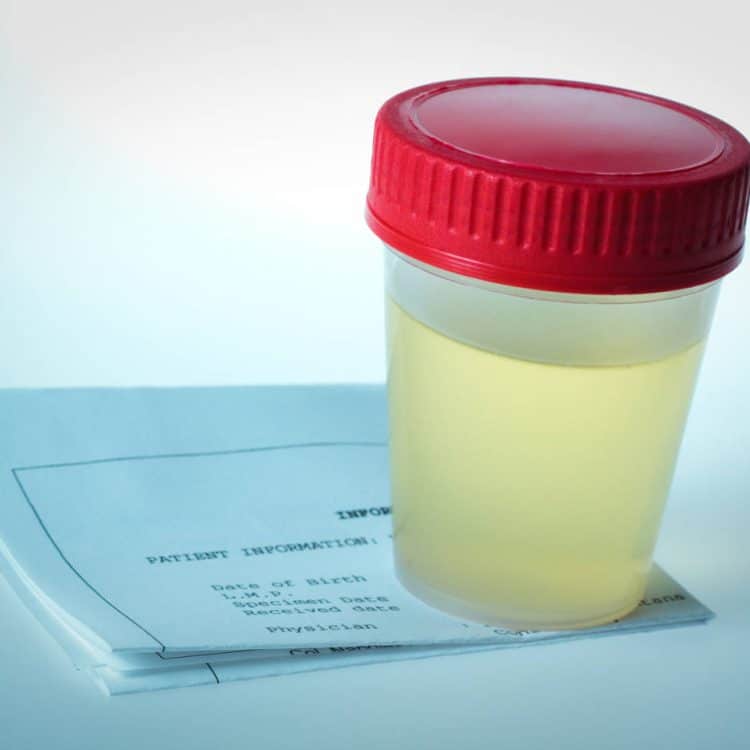Patient Billing
You will receive an Explanation of Benefits (EOB) from your insurance company which is NOT A BILL. EOBs are simply a way for your insurance company to explain what was covered or not covered under your plan of choice. If the costs of your labs go toward a deductible or co-pay, or if you are uninsured, a statement from Med-Lake will be mailed to your home address outlining what your insurance paid and what is considered patient responsibility. Please contact our office for information about our financial assistance, payment plan programs, and prompt pay discounts that may be applied toward your visit.
Guidelines & Policy on Patient Financial Assistance
Policy Purpose:
Med-Lake will offer to their patients requesting financial assistance enrollment in the Financial Hardship or Medically Indigent programs, based on their eligibility. Those not eligible for either will be offered other discounts as appropriate, which may include prompt payment discounts and payment plans. Nothing in this policy is intended to conflict with Federal or State law, rule or policy pertaining to medical billing.
Policy Statement:
Med-Lake is committed to providing financial assistance for medically necessary services to those patients who have healthcare needs, are uninsured, underinsured, ineligible for any government healthcare benefit program, or who are unable to pay for their care based on their individual financial situation and within Med-Lake’s established guidelines for eligibility. When eligible, either all, or a portion, of the patient’s debt is forgiven and written off. Certain exclusions may apply, which include, but are not limited to balances covered by other funding sources, including primary coverage such as workers compensation, auto or liability insurance, and where a beneficiary is otherwise reimbursed for services provided. Med-Lake does not engage in routine waivers of patient responsibility for healthcare insurance, including co-payments, co-insurance, and deductibles.
Financial assistance may be available for patients who generally meet Medicaid family income and eligibility criteria and Federal Poverty Income guidelines. The granting of financial assistance shall be based on an individualized determination of financial need, and shall not consider age, gender, race, social or immigrant status, sexual orientation, or religious affiliation. Other factors may be considered, including hardship cases and catastrophic medical expenses for an occurrence or over a period. This is particularly important during the ongoing response to COVID-19 and may result in more applications for financial assistance due to job loss and increased healthcare costs.
Procedures
Requests for financial assistance shall be processed after Med-Lake receives the information required in the financial assistance application process. Determinations for approval of assistance shall be made exclusively by Med-Lake’s Chief Compliance Officer working with the Compliance Committee to establish approval authority boundaries and thresholds under this policy. Med-Lake will use its best efforts to notify the patient or applicant in writing after the determination is made.
Financial Hardship
The patient, guarantor, power of attorney, other responsible party, acting on behalf of the patient must complete an “Application for Financial Assistance” form. Eligibility is generally determined by measuring the gross family income against the Federal Poverty Income Guidelines. In addition, other relevant non-income resources, including but not limited to, savings, checking accounts, certificates of deposits, stocks, bonds, etc., may be considered in reaching a determination of eligibility.
Eligibility guidelines will also take into consideration catastrophic events for patients whose income falls outside these hardship guidelines. Patients who are not eligible for financial assistance within the general guidelines of the Financial Hardship program, but who have unusual circumstances (e.g., the patient has significant or catastrophic medical bills and cannot pay for them even though they do not qualify for the Financial Hardship), may be considered for assistance under Med-Lake’s medical indigency program depending on the nature, extent, and availability of resources, income, and non-income. So-called medical indigency will be determined on a case-by-case basis and the Chief Compliance Officer shall bring these cases before the Compliance Committee for review and approval. The Compliance Committee will use several factors when considering so-called catastrophic cases may, including proof of extraordinary medical expenses or hardship situations. All income and non-income resources must also be considered in the determination. Patients whose financial responsibility for their medical services exceeds 40% of their gross household income may be eligible for reduced payments for our laboratory services. Amounts approved for adjustment will be made using the medical indigency adjustment code (MEDIND) and no further collection activity will be made.
Information from financial assistance and medical indigency applications may be used for up to 6 months, except if changes have occurred. If family income changes, family size changes, or other non-income information changes, a new application must be made for approval. If an application has been denied, then a new application may be made for re-evaluation.
Payments made prior to approval of an application will not be refunded. Nothing prohibits a patient and/or guarantor from making a payment after the application has been approved. Payments made after approval will not be refunded.



